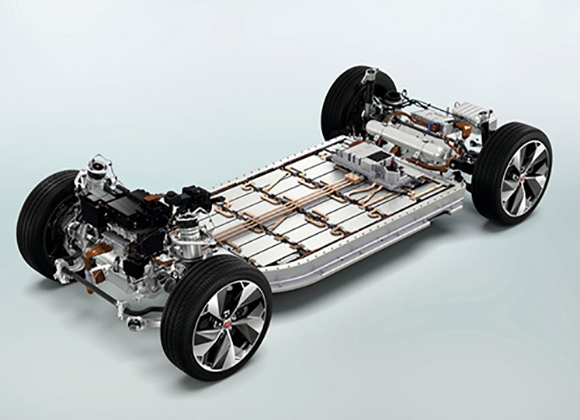The battery enclosure is the load-bearing part of the new energy power battery. It is mainly used to protect the lithium battery from damage when it is impacted and squeezed by the outside. Power battery enclosure materials are generally divided into aluminum and steel. For lightweight considerations, power batteries enclosure tends to use aluminum alloy materials. Aluminum alloys play a vital role in the realm of emerging energy batteries, particularly when it comes to encasing batteries. The battery enclosure, a pivotal component, shields the internal battery components from external surroundings. It’s imperative that this casing possesses commendable thermal conductivity and structural robustness to ensure the battery’s security and consistent performance.
Power battery enclosure generally uses 3003 h14 aluminum plates, and the thickness is generally around 0.8-3mm. 3003 aluminum alloy materials have low density and soft materials. They have the advantages of being easy to stretch the aluminum alloy battery casing as a whole. The width and length can be customized according to the actual needs of users.

Advantages of using 3003 aluminium alloy for battery enclosures making:
Featherweight Nature: Aluminum alloys exhibit low density, facilitating a lightweight design for the battery casing. This facet enhances both the energy density of the battery pack and the overall vehicle’s travel range.
Thermal Conductivity: Aluminum alloys boast proficient thermal conductivity. This attribute aids in efficiently dissipating the heat generated by the battery, thereby sustaining a secure operational temperature for the battery.
Malleability: Aluminum alloys lend themselves to easy processing into diverse shapes. This flexibility accommodates distinct battery designs, ultimately enhancing the adaptability of battery packs.
Resistance to Corrosion: Aluminum alloys generally possess a degree of corrosion resistance, affording protection to internal battery components against unfavorable environmental conditions.

